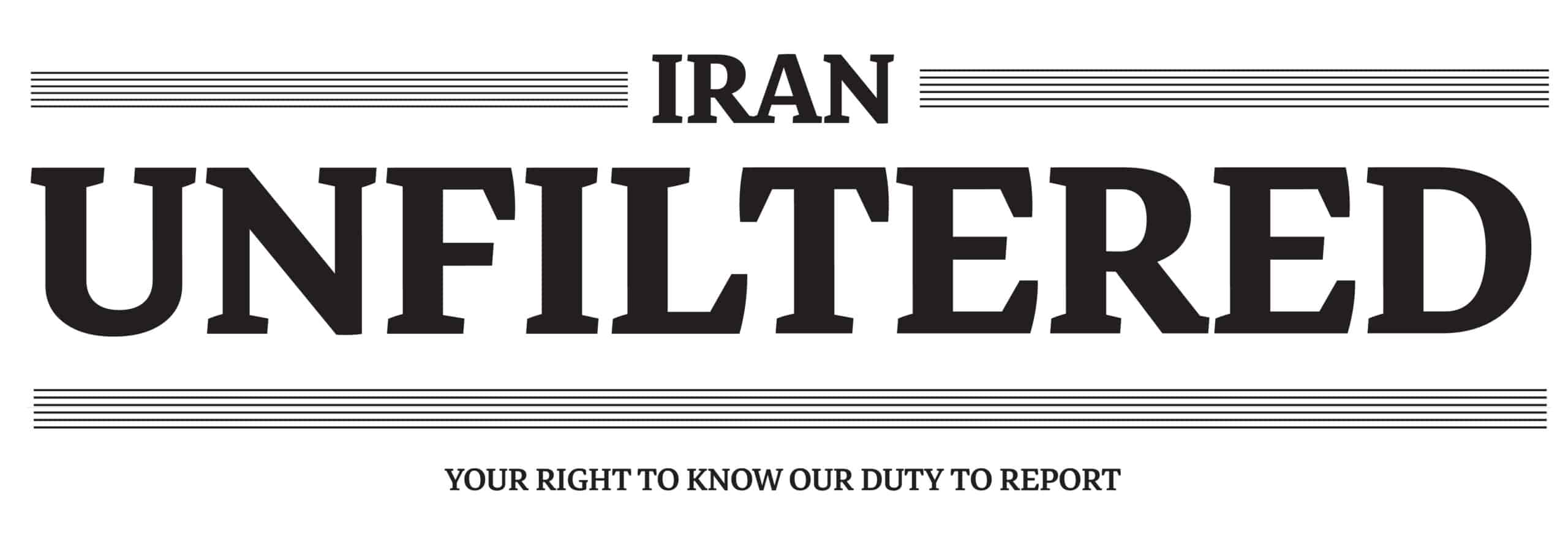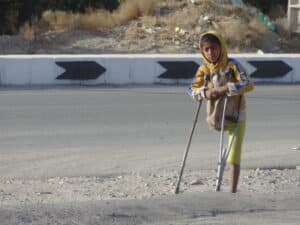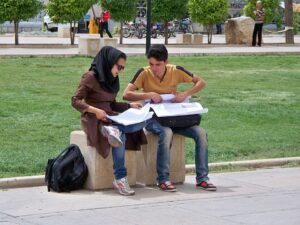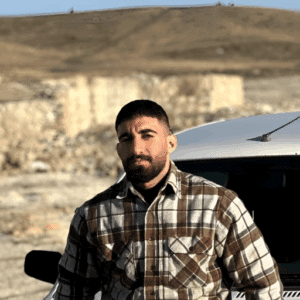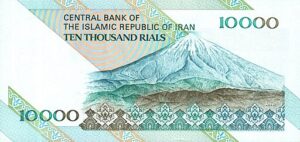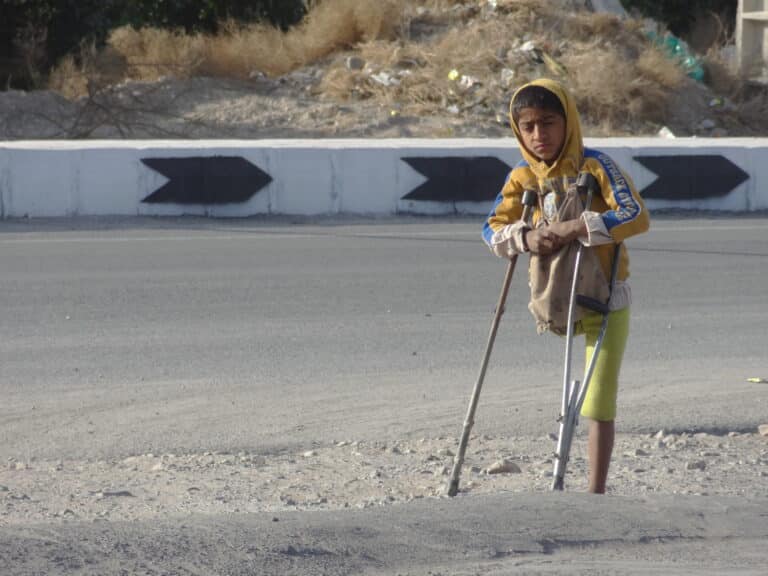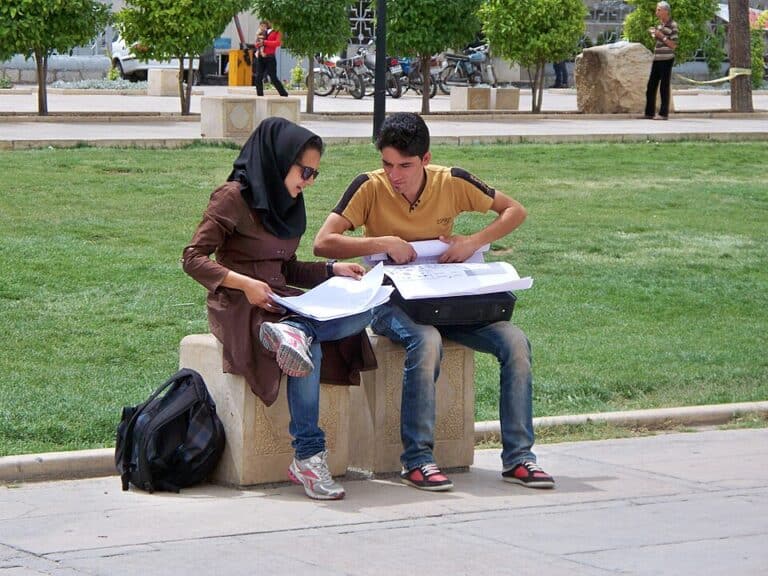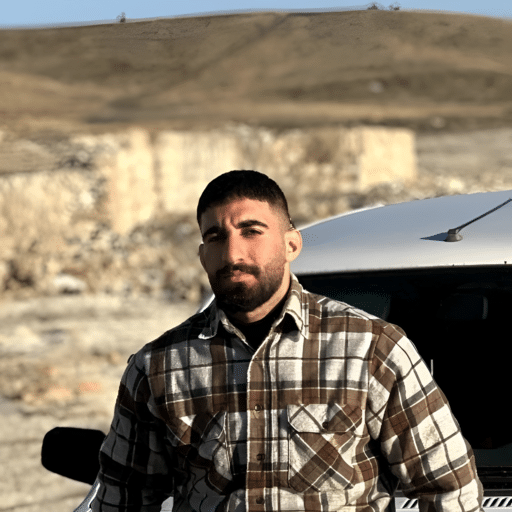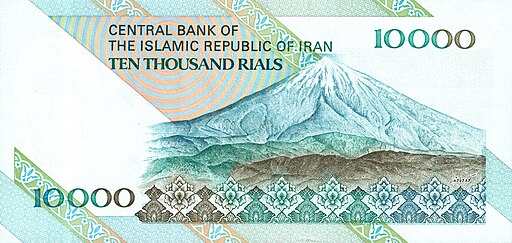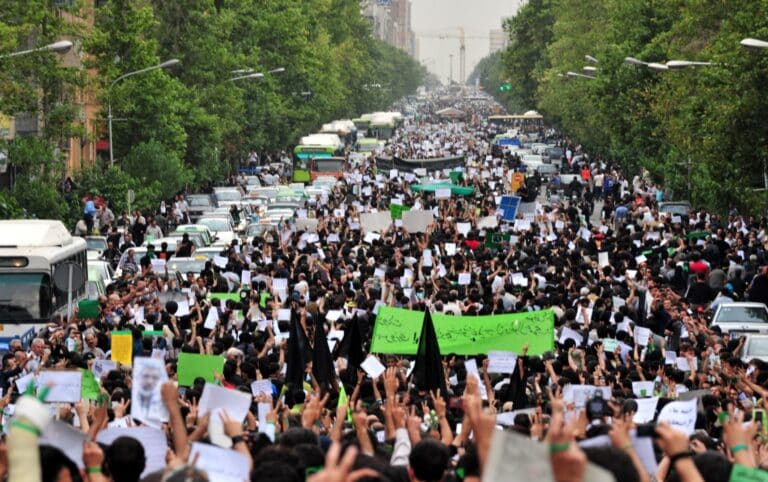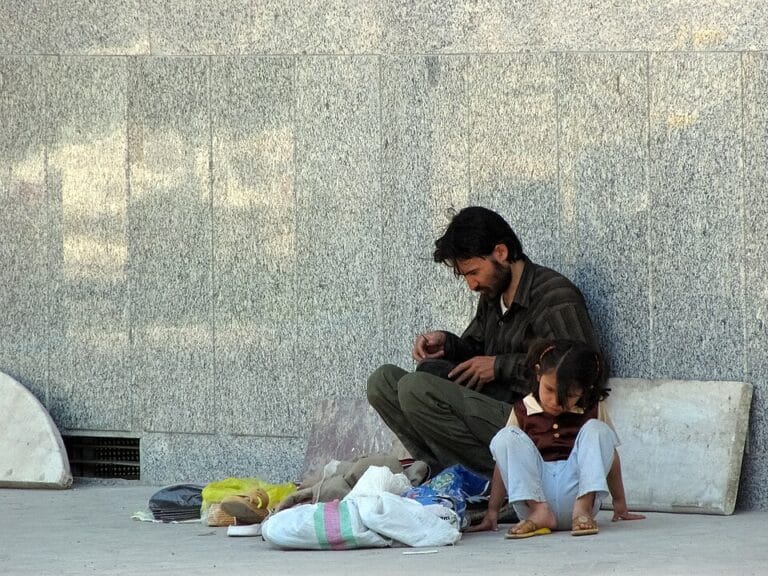Following Israeli airstrikes that killed at least 14 of Iran’s top nuclear scientists in June 2025, Tehran has taken measures to protect the remaining experts. The surviving scientists have been relocated to secure locations in Tehran and along the northern coast. Despite these precautions, Israeli intelligence officials have said that these scientists are now prime targets. The Israelis have compiled a list of potential future targets, highlighting that anyone involved in Iran’s nuclear program is under threat. Iran has also replaced its nuclear experts in universities with individuals not connected to the nuclear sector. The Iranians did this after executing an Iranian reactor engineer convicted of espionage for Israel, as well as an ongoing crackdown on suspected spies; which has included the arrest of hundreds across Iran and the expulsion of Afghan refugees.
Iran expressed strong opposition to the US-brokered peace agreement between Armenia and Azerbaijan, particularly the establishment of the “Trump Route” transit corridor, which passes near its border. Tehran views the corridor as a destabilizing force that could sever its ties with Armenia and open the door to foreign military and commercial presence along its border. Ali Akbar Velayati, an advisor to Iran’s Supreme Leader Khamenei, rejected the plan, calling it an “impossible notion” and warned that it could destabilize the South Caucasus region. Although Iran welcomed the peace agreement between Armenia and Azerbaijan, it said the corridor could lead to foreign interventions near the Iranian border. Iran states that it will protect its interests in such an eventuality. The corridor is seen as a significant strategic move for Azerbaijan, connecting it to Turkey and Europe, and is viewed by the US as part of a broader regional reset that aims to shift influence away from Russia.
Iran’s opposition to Lebanon’s plan to disarm Hezbollah has sparked fierce reactions in Lebanon’s political and media sphere. Ali Akbar Velayati, an advisor to Iran’s Supreme Leader, was criticized for his comments, which Lebanon’s Ministry of Foreign Affairs described as interference in its internal affairs. Lebanese politicians and journalists condemned Iran’s involvement, with some calling for the expulsion of Iran’s ambassador, Mojtaba Amani. This is the latest episode in a recent history of tense diplomatic interactions, with ambassador Amani having being previously summoned in April 2025 to clarify Iran’s stance on Hezbollah’s disarmament. Furthermore, in October 2024, remarks by Iran’s Speaker of Parliament, Mohammad Baqer Qalibaf, regarding discussions with France over UN Security Council Resolution 1701, were also met with negative responses from Lebanon. The Lebanese government recently tasked the army with formulating a plan to disarm Hezbollah by the end of the year, though the group has rejected this plan. Iranian officials have expressed their support for any decision made by Hezbollah.
Abbas Araghchi, Iran’s Foreign Minister, announced that the Deputy Director General of the International Atomic Energy Agency (IAEA) will arrive in Tehran on Monday. He explained that discussions would be held that day to establish a “cooperation framework,” which will determine the course of future collaboration between Iran and the IAEA. However, Araghchi emphasized that the deputy of Rafael Grossi, the IAEA director, will not visit Iran’s nuclear sites. He also mentioned that Iran is continuing to consult with various European parties, with Iran claiming that the “snapback” mechanism is unfounded, since Iran asserts that Europe is not considered a party to the Joint Comprehensive Plan of Action (JCPOA).
Russia’s Alabuga drone factory, located in the Tatarstan region in Russia, has become Russia’s major hub for the mass production of Iranian-designed Shahed-136 drones, which have proven to be a crucial weapon in Russia’s war on Ukraine. This factory now produces nearly 90% of the drone’s components locally, allowing for Russia to stride toward full independence in drone manufacturing. With Russia having now modernized and improved the production of the drones. This leaves Iran with little control or influence over the final product. Despite Russia and Iran’s strategic partnership, tensions are rising between Moscow and Tehran. Iran has grown frustrated over Russia’s growing autonomy and the lack of compensation for Iran’s contributions to Russia’s drone manufacturing capabilities, including both technological and financial support. Moscow is continuing its efforts to fully absorb the production cycle and locally produce the drones. Some experts believe Russia might offer Iran the upgraded drones to bolster its stockpiles, though the deepening divide between the two countries remains evident.
